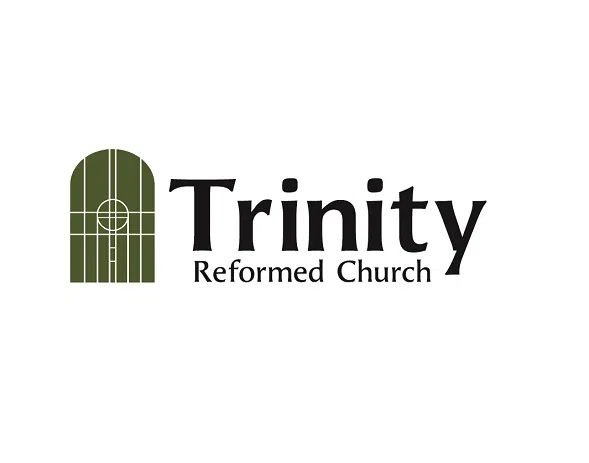By Leika Kihara
TOKYO (Reuters) – Japan’s wholesale inflation hovered near a 13-year high in August as raw material imports continued to rise on solid global demand, data showed on Monday, putting pressure on companies to pass on higher costs to households.
Many analysts, however, expect companies to keep any price hike moderate as state of emergency curbs to combat the coronavirus pandemic weigh on domestic demand.
“It’s difficult to pass over the (wholesale) price increase to consumer goods given the weak consumption,” said Takumi Tsunoda, senior economist at Shinkin Central Bank Research.
“The BOJ might be forced to continue its massive easing even when central banks around the world seek normalisation.”
The corporate goods price index (CGPI), which measures the price companies charge each other for their goods and services, rose 5.5% in August from a year earlier, slightly below a median market forecast for a 5.6% gain, Bank of Japan data showed.
It was the sixth straight month of increase and a tad below the 5.6% surge in July, which was the fastest pace of increase since September 2008.
The index, at 105.8, marked the highest level since 1982, when Japan’s economy was booming from an asset-inflated bubble.
While gains in fuel costs moderated, prices rose for chemical, steel and wood products as global demand for such goods remained strong, Shigeru Shimizu, head of the BOJ’s price statistics division, told a briefing.
“As the global economy continues to recover thanks to progress in vaccinations, domestic wholesale inflation will remain under upward pressure, though there’s uncertainty over the outlook due to a resurgence in infections,” he said.
Underscoring the huge cost pressure companies were facing, the yen-based import prices rose a record 29.2% in August from a year earlier, the data showed.
Japan’s economy has emerged from last year’s slump thanks to robust exports. But continuing state of emergency curbs have dampened prospects for a solid recovery in the current quarter.
Core consumer prices fell 0.2% in July from a year earlier, marking the 12th straight month of declines and staying distant from the BOJ’s elusive 2% target.
(Reporting by Leika Kihara; Additional reporting by Kantaro Komiya; Editing by Sam Holmes)






